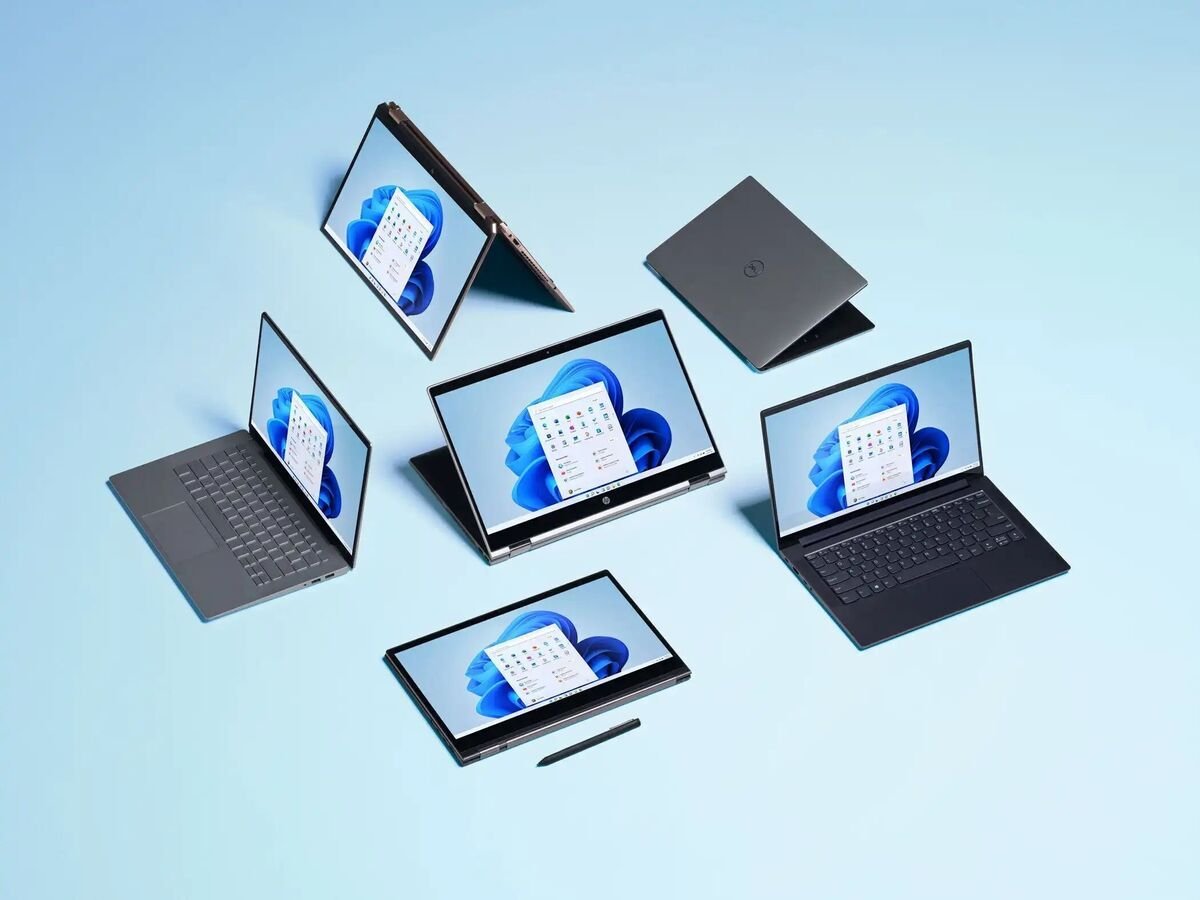
Someone recently asked me what version of Windows I recommend to deploy on a system. They highlighted the different versions of Windows available, including business SKUs, Windows 10 Pro, and Windows 10 Home. For most small and medium-sized businesses (SMBs) and home users, I recommend Windows 10 or 11 Pro, which you can upgrade to even if you initially buy Windows 10 or 11 Home. Professional gives you more control over updates and exposes local group policies so you can control more things in the operating system.
Another important point is to make sure that the computer you buy has the correct hardware. In particular, this means having a solid state drive (SSD).
The other day I was helping someone set up a new Windows 11 PC and again realized how important it is to have an SSD. After booting up, the PC's mechanical hard drive fixed itself at 100% disk usage and the system became virtually unusable. I opened Device Manager and confirmed my suspicions: the drive was not an SSD. I let the system sit for a while, a long time, until disk usage was reasonable. While the laptop had plenty of RAM, it clearly didn't have the right hard drive for Windows 11 (or even Windows 10).
Another issue with buying PCs right now is supply chain constraints; some companies have to buy hardware with any version of Windows and then upgrade.
Chances are you'll only find Windows 11 Home systems, not Windows 10, in stores. Although Windows 11 is still a work in progress, it can be controlled by using third-party tools like Start11, which reverts the menu system to what it was in Windows 10. If you decide to keep the system, be aware that Microsoft is making more changes to the Start menu system and Task Manager in response to feedback. Once you've purchased Windows 11 Home, you can easily purchase an upgrade to Windows 11 Professional, making it easy to defer feature releases, pause updates, and configure updates instead of having to use registry keys or other workarounds alternatives.
If you're deploying Windows 11 as a small business or for a home office, you might run into issues with older hardware, such as home NAS devices that rely on SMB version 1 file sharing. In the future, Windows 11 it will ship with SMBv1 disabled, which means you may need to get rid of your old, and probably now unsupported NAS devices, or find a way to enable SMBv2 or SMBv3 to continue using them. My advice: Find a community forum for your NAS device and you should get some concrete advice on whether to retire the old system or remove it from your network.
If you have a small business with 300 or fewer users and need a license for an Office suite, I suggest you consider Microsoft Business Premium. It includes the latest version of Office hosted email and, more importantly, several tools for additional protection and support. In particular, it includes Azure AD p1 that allows you to configure conditional access based on device state or location and group. (This is useful for configuring multi-factor authentication policies that are triggered when someone logs in from a risky location or performs risky actions.) And it includes Defender for Business, an endpoint detection and repair tool that extends Microsoft Defender Antivirus; it actually tracks actions on a workstation and sends alerts on any malicious activity.
In addition, it also offers actionable tasks to increase network security, such as making sure third-party software on my network is patched and attack surface reduction (ASR) rules are enabled. ASRs can provide additional protection for a network, making your system more resistant to attack. If you are a company with more than 300 users, Microsoft offers two additional enterprise licenses, one E3 or one E5. These versions offer even more security features. You can buy the operating system license alone or combine it with the Microsoft 365 suite of licenses for additional protection for Office.
As a reminder: Choosing the best version of Windows will depend on what additional security features you want. It's usually easy to upgrade or downgrade to a version of Windows that works best for you once you've got your hardware installed. But upgrading hardware isn't always easy, and buying the wrong laptop or PC can lock you into an unsatisfying computing experience. So before you worry about which version of Windows you need, choose the best hardware you can get. Then you'll be well prepared to run any version of Windows 10 or 11 you want.
Copyright © 2022 IDG Communications, Inc.